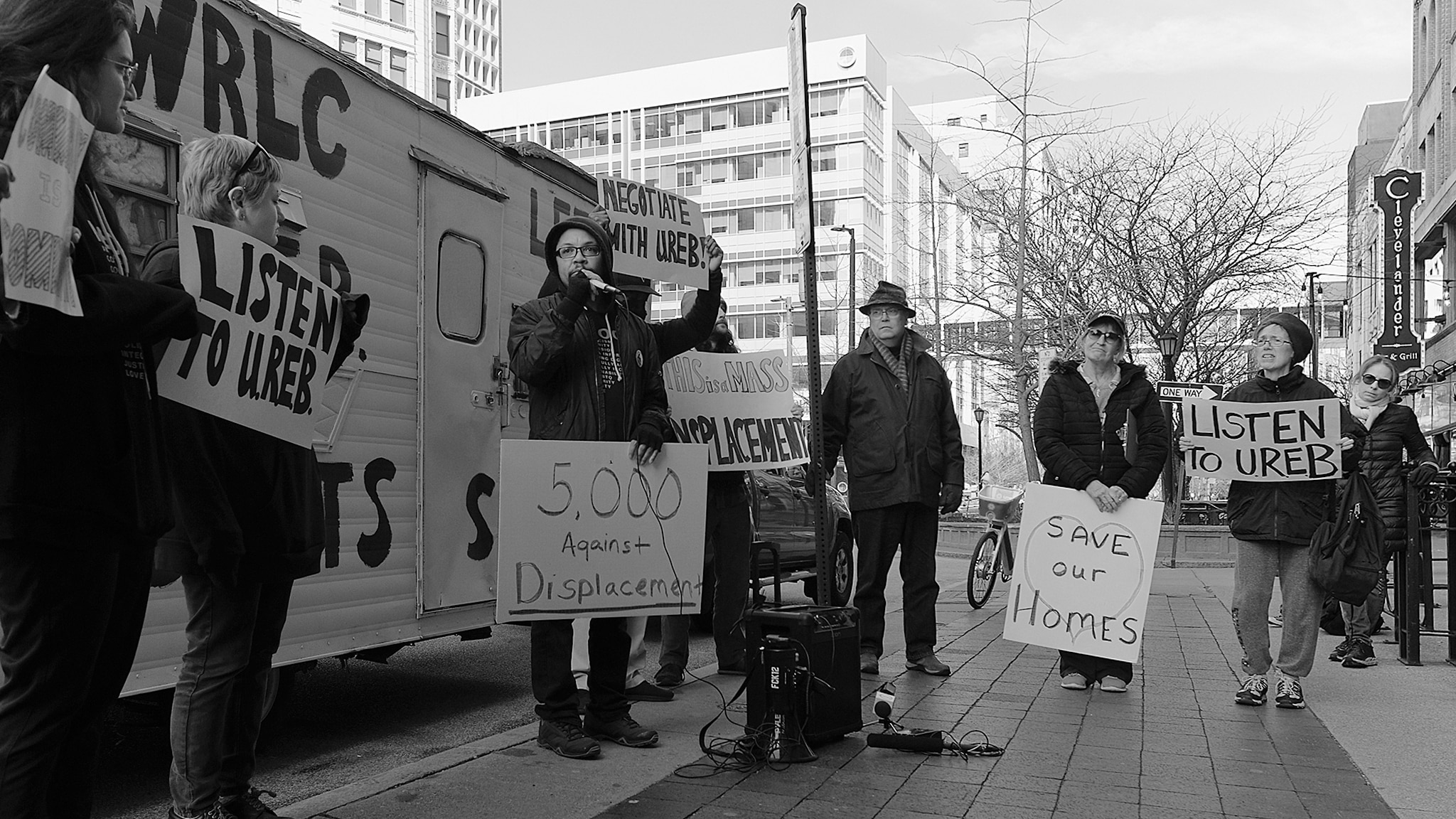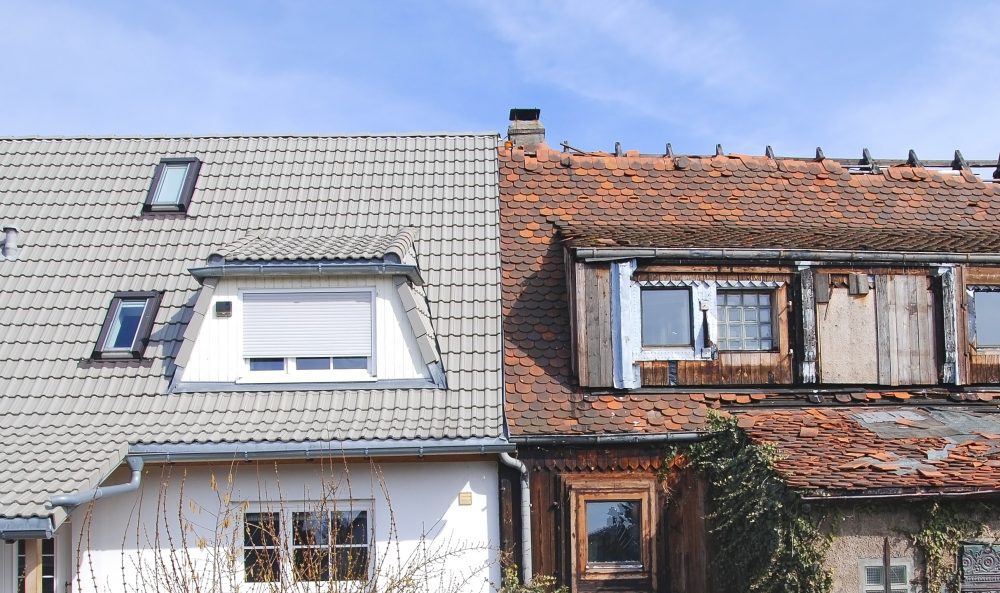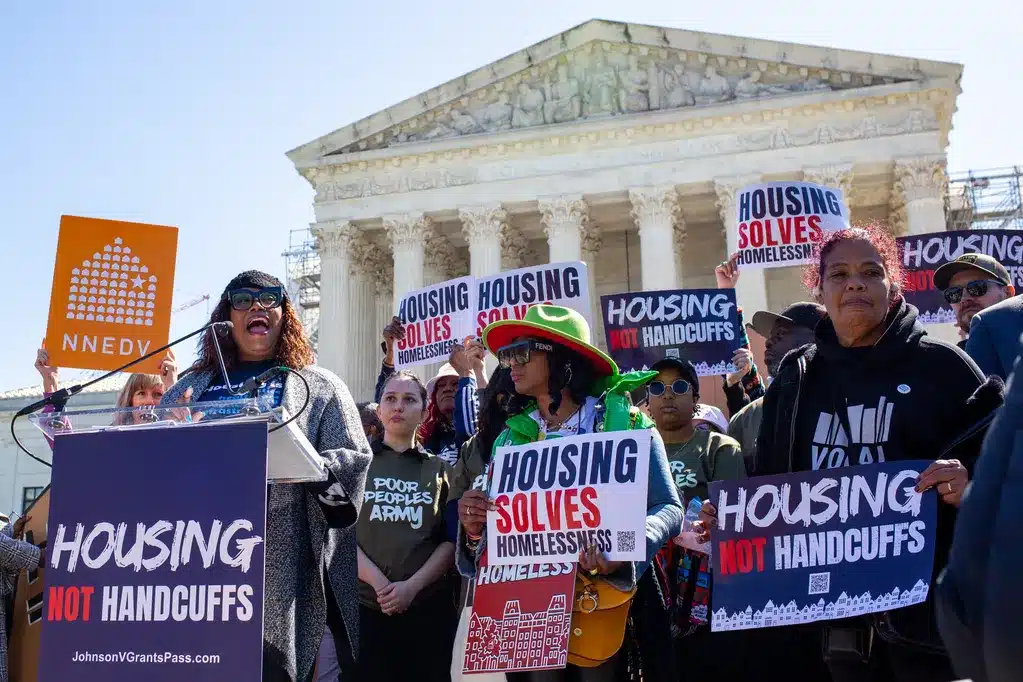Think all planning and community development should be local? Think again, said a judge on Monday when she told a New York State county to force dozens of towns and villages within its borders to get serious about fair housing.
The ruling of Judge Denise Cote that Westchester County must get towns to build 750 housing units for low-and-moderate-income residents shows the significant role of county government in that state. In places where county government is weak and control is at the town level, such a court ruling would have no teeth. Westchester, though it resisted efforts for years to get small towns to do the right thing by building more affordable units, has the power to make this happen.
The county claimed that it didn’t have the ability to get towns to change their zoning ordinances, which made it all but impossible to build housing for the working class through large minimum lot sizes and other restrictions. The county and towns had a clear program, though, called the Urban County Council, to develop such housing using federal funding sources such as CDBG and HOME. The problem was that the county didn’t want to force towns to do the right thing.
The lawsuit that led to the settlement in this court case actually emphasized the lack of housing in small Westchester towns for blacks and Latinos. Most people in these two groups in the county live in a few urbanized areas such as White Plains and Yonkers. The settlement aims to increase opportunities for blacks and Latinos in affordable housing, but of course there’s no guarantee people from other racial groups won’t be the ones who rent or buy the affordable units. But at least the county will finally pressure towns to give people of color the opportunity to live there.




Comments